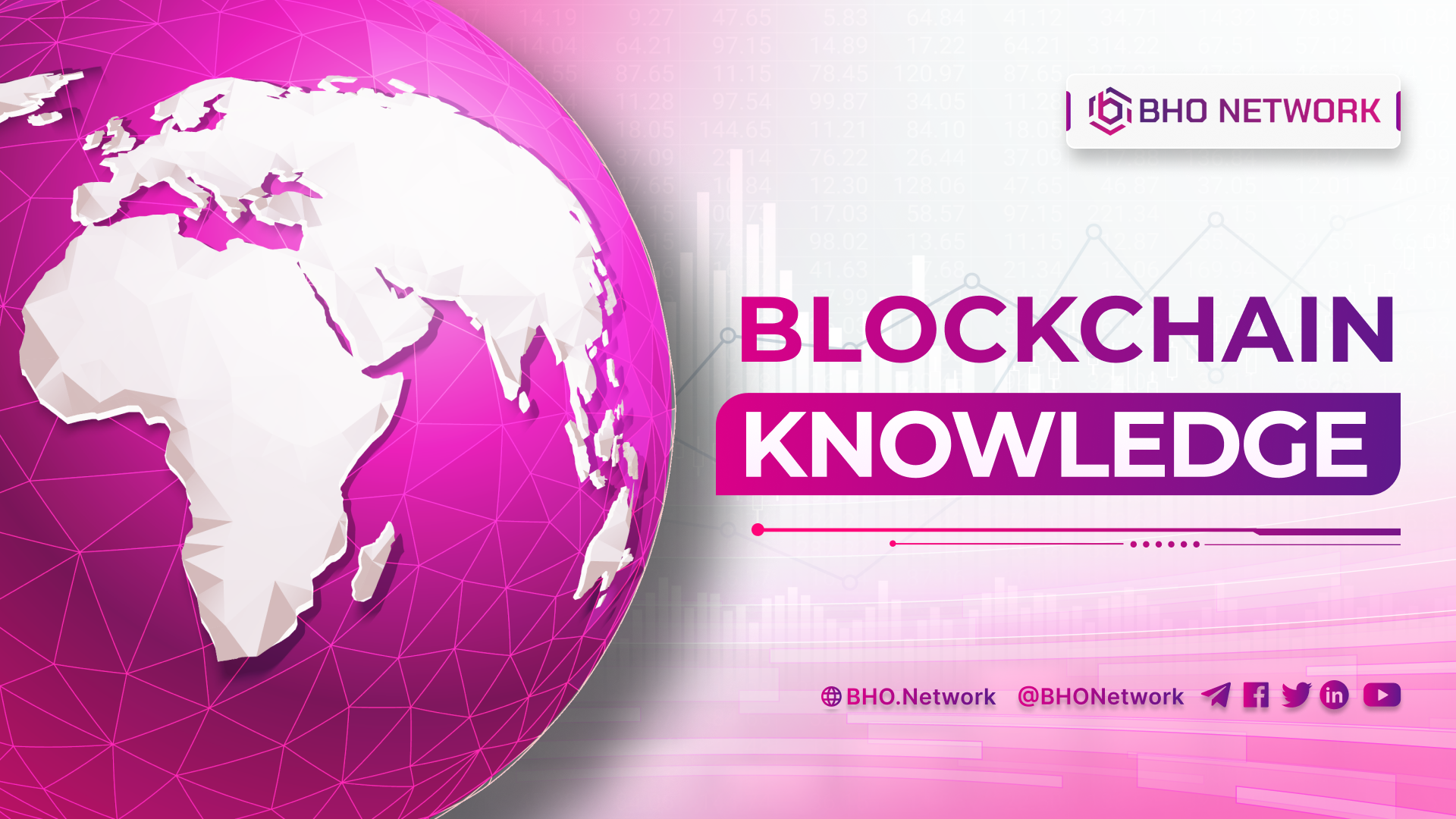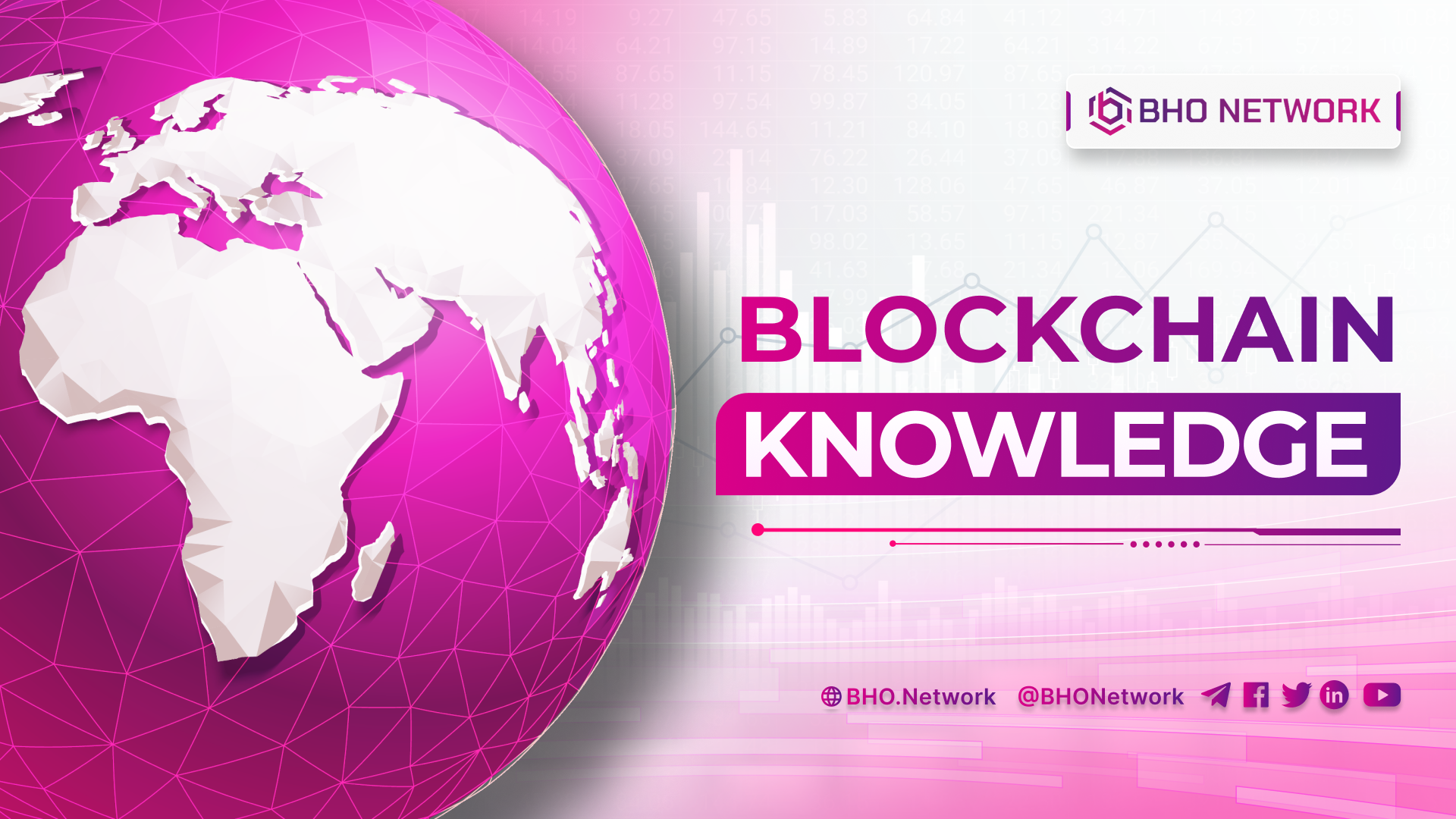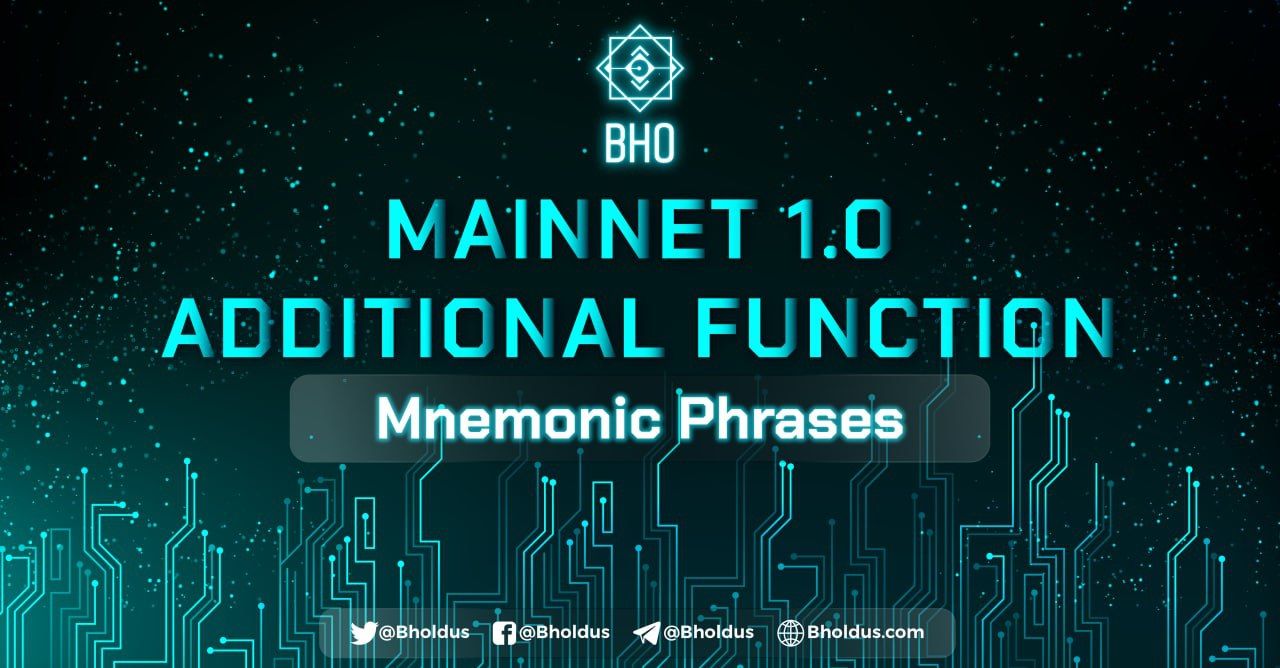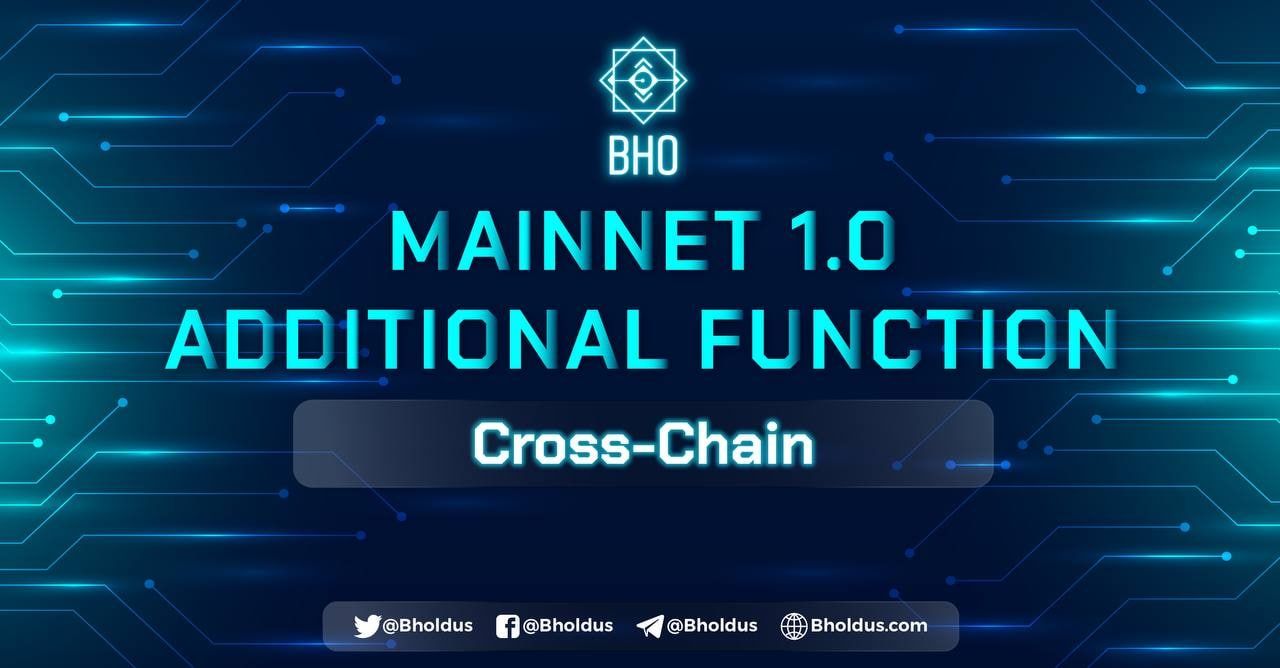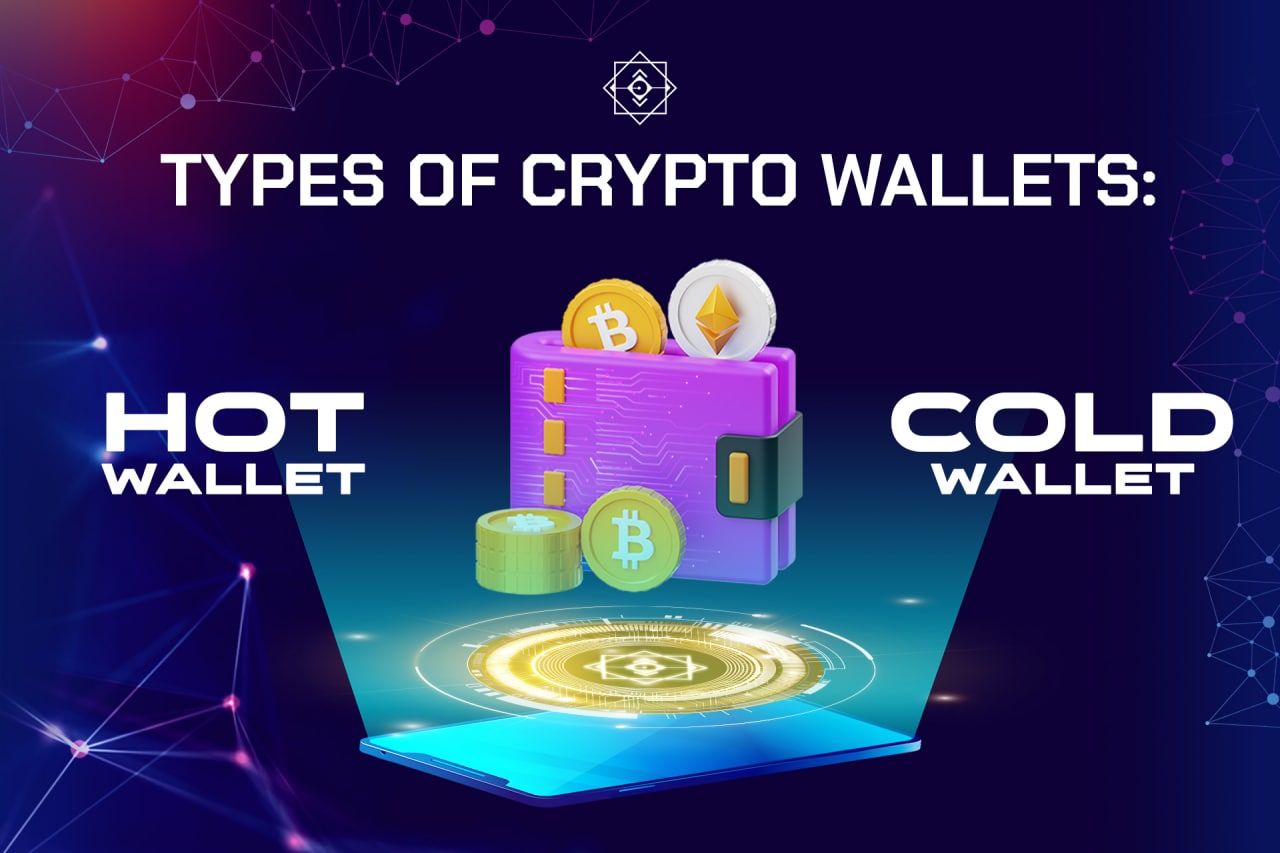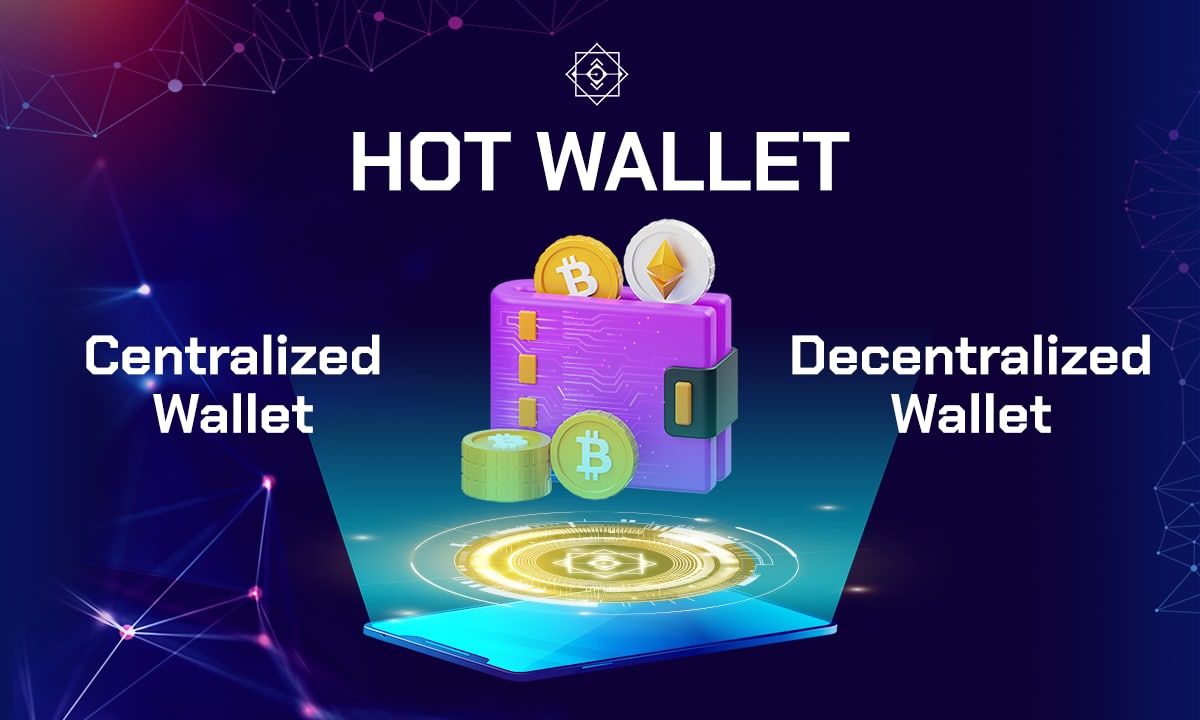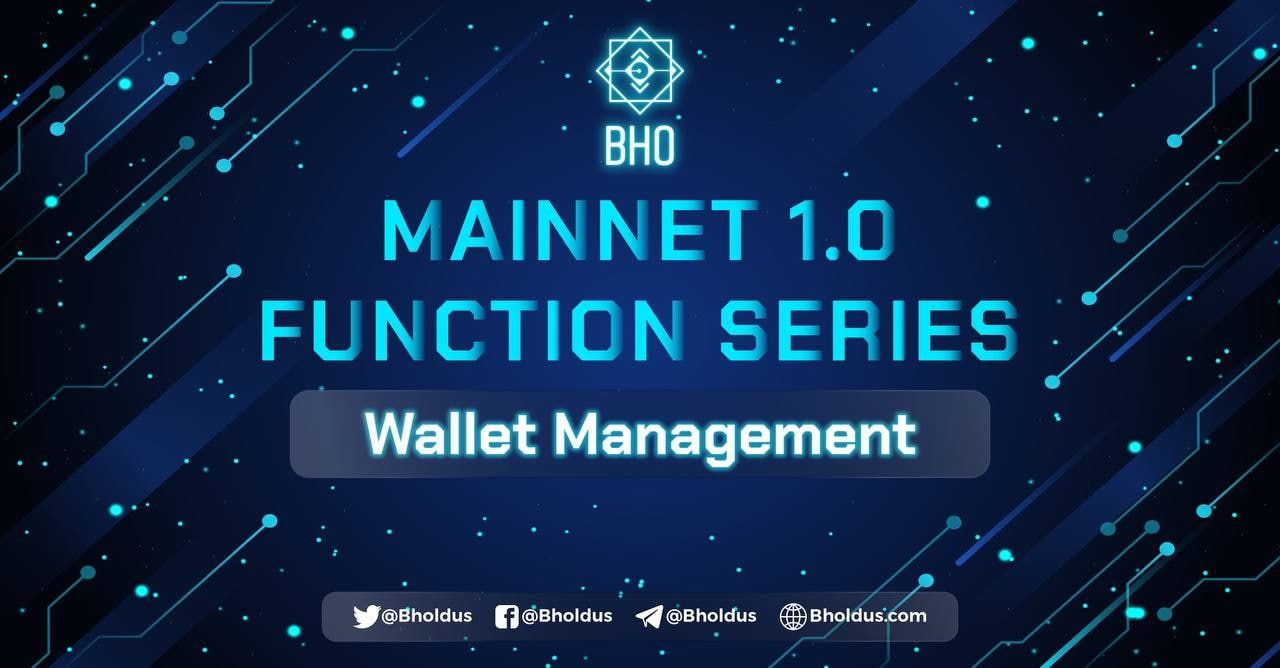- Blog
- Crypto News
- Differences between custodial and non-custodial crypto wallets
Differences between custodial and non-custodial crypto wallets
- What is a custodial crypto wallet?
- What is a non-custodial crypto wallet?
- Custodial vs. Non-custodial wallets
- Which crypto wallet should you use?
- About 3S Wallet
- Some features of 3S Wallet
- Summary
There are different types of crypto wallets on the market that users can store coins/tokens with. They can be divided into two main categories: custodial and non-custodial crypto wallets. In this article, BHO Network will provide you with basic information to compare and differentiate the two wallets above so you can choose your favorite cryptocurrency wallet.
More on What is a crypto wallet?
What is a custodial crypto wallet?
In the early years of the crypto market, users traded and stored Bitcoin primarily by creating and managing wallets via private keys. However, when the private key is hacked or lost, you also lose access to the wallet and lose your assets. In the past, users also did not have many tools to store private keys like now, so cases of forgetting or losing wallets happens more often. According to many crypto market reports, more than 3 million BTC can be lost forever because users forget their private keys. Thus, cryptocurrency custodial services came into existence similar to traditional banks holding your funds.
Since then, Custodial Cryptocurrency Wallet is also known as a wallet that is kept and managed by a third party. You will not have full control over your crypto wallet, just like depositing money in a bank with some agreements attached. Your custodial assets may incur storage fees and insurance for your wallet. Some asset custodial services at exchanges like Coinbase Custody of Coinbase, Binance Custody of Binance, or in case you trade coins/tokens at centralized exchanges, your crypto wallet on these exchanges are also custodial crypto wallets.
With custodial crypto wallets, even if you forget your coin/token trading password, you can still contact custodial services’ customer support. However, you need to choose reputable and trustworthy depository services with insurance contracts to avoid risks. Most service providers will require users to verify their identity (KYC).
What is a non-custodial crypto wallet?
Unlike the custodial variation, non-custodial wallets are wallets where only you own and control the private keys. When you perform coin/token transactions or interactions, you must perform "Signing" on the blockchain. Unlike a custodial wallet, the “signing” part on the blockchain will be done by a third party on your behalf.
Most users want to control their own funds so a non-custodial crypto wallet is naturally a good choice. You will not need to transact through an intermediary, and you can buy and sell coins/tokens directly from your wallet. This is also a safe option that many investors use today. However, the most important thing is that you need to manage your Private Key carefully and securely.
Non-custodial wallets are also convenient when you interact with Dapps, especially on popular decentralized exchanges (DEX) like Uniswap, SushiSwap, PancakeSwap, etc.
Custodial vs. Non-custodial wallets
| Custodial wallets | Non-custodial wallets | |
|---|---|---|
| Private keys | Ownership lies with a third party | Ownership belongs to you |
| Transaction fees | High | Low |
| Insurance fees | Usually yes | None |
| Security level | Low | High |
| KYC required | Yes | No |
| Support | Yes | No |
Which crypto wallet should you use?
The two types of crypto wallets both have their pros and cons when it comes to asset storage, and are suitable in different scenarios.
- If you prefer to trade on a centralized exchange, then you definitely have to use a custodial crypto wallet.
- If you mainly trade and interact with decentralized exchanges and DeFi applications, a non-custodial crypto wallet is the best fit.
Additionally, to best use a crypto wallet, you need to know the chains, popular token standards, and the corresponding networks to easily choose when sending and receiving. Specifically, some popular token standards are as follows:
- BNB Smart Chain: BEP-20, BEP-721, BEP-1155
- BNB Beacon Chain: BEP-2
- Ethereum: ERC-721 , ERC-1155
- Solana: SPL
About 3S Wallet
3S Wallet is a non-custodial wallet, and a product of BHO Network ecosystem. The wallet has the function of trading coins/tokens directly on the wallet and supports multi-chain. Therefore, you may not need to be connected to dApps to trade.
With a one-touch interface and simple gestures, 3S Wallet makes it easy for new users to use. You can download and experience 3S Wallet here.
Some features of 3S Wallet
-
3S Wallet - A multi-chain-enabled non-custodial crypto wallet that provides secure and convenient storage and management of crypto assets according to Web3 standards. You can store more than 3000 different coins/tokens.
-
Allows trading, storing, and managing coins/tokens, NFT assets on multiple blockchain networks such as Ethereum, Binance Smart Chain, Polygon, Fantom, Avalanche, Optimistic, Arbitrum, Cronos, Solana, BHO Chain, etc.
-
3S Wallet gives you one-click access to different DeFi exchanges: Kyber Network, Uniswap v3 (coming soon), SushiSwap (coming soon), PancakeSwap (coming soon).
-
Users who use the coin/token swap feature on 3S Swap will enjoy cheap gas fees, the lowest slippage rates, in the simplest and fastest manners.
Summary
Above is how to differentiate custodial and non-custodial wallets that BHO Network wants to provide. We hope that you have a clear understanding and can choose a wallet according to your coin/token trading preferences. However, with any wallet use case, you need to consider the elements of trust, security, and safety to protect your assets.
🎁 Invite friends to use 3S Wallet - Get passive income with your own system up to $20 for every successful referral. Join 3S Wallet's Rewards program today HERE!
Published on December 08, 2022
Tagged topics
